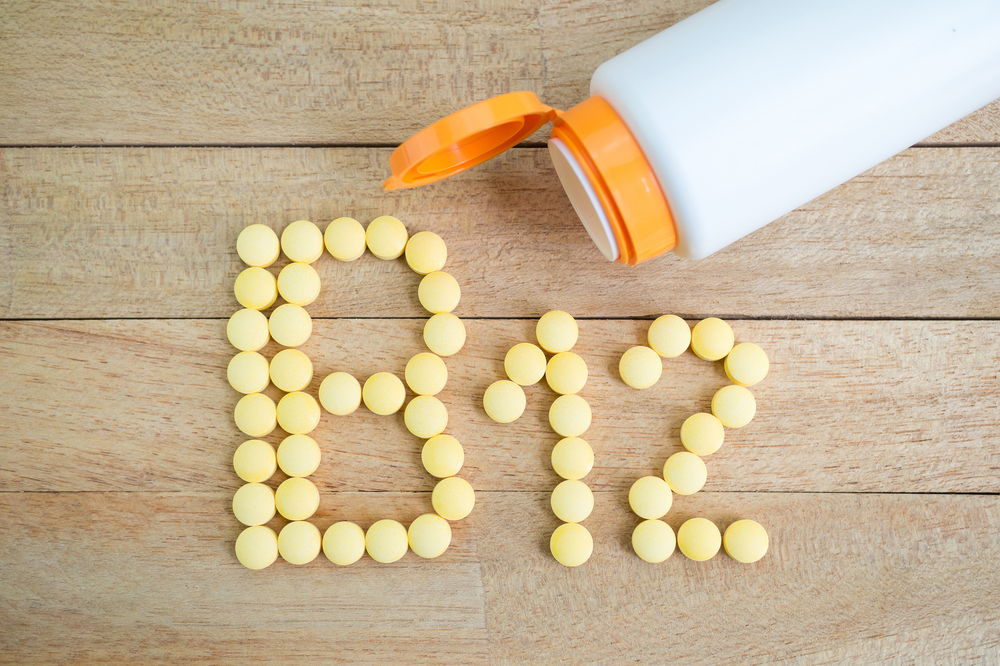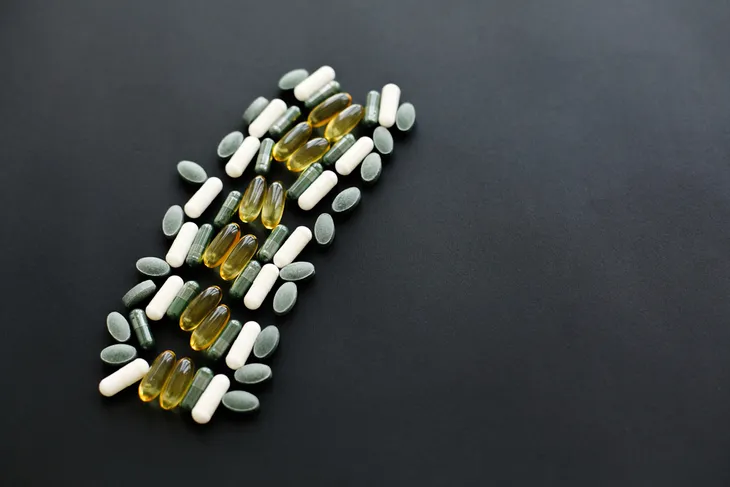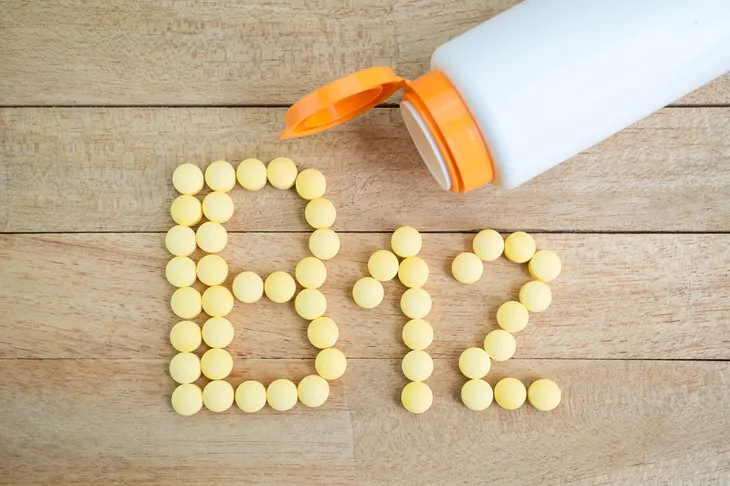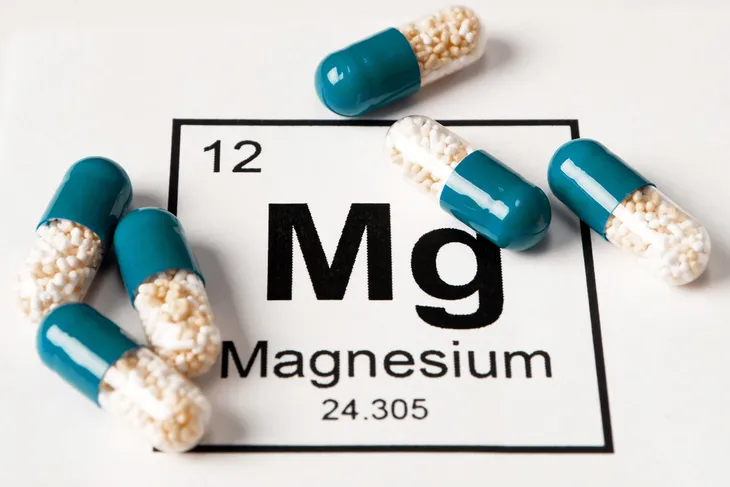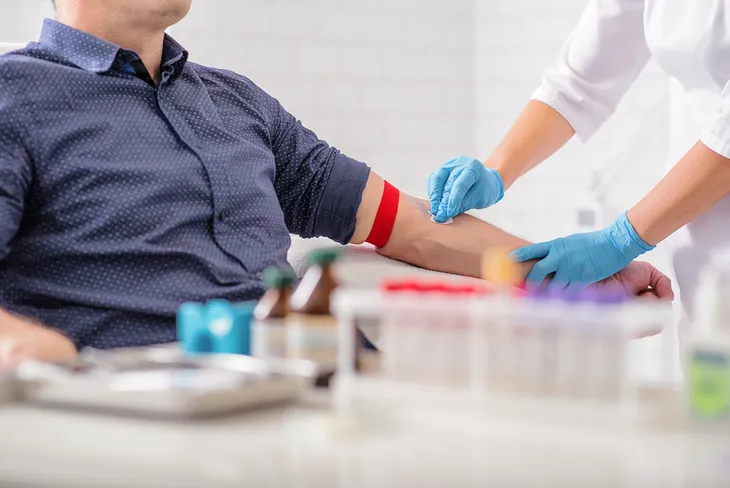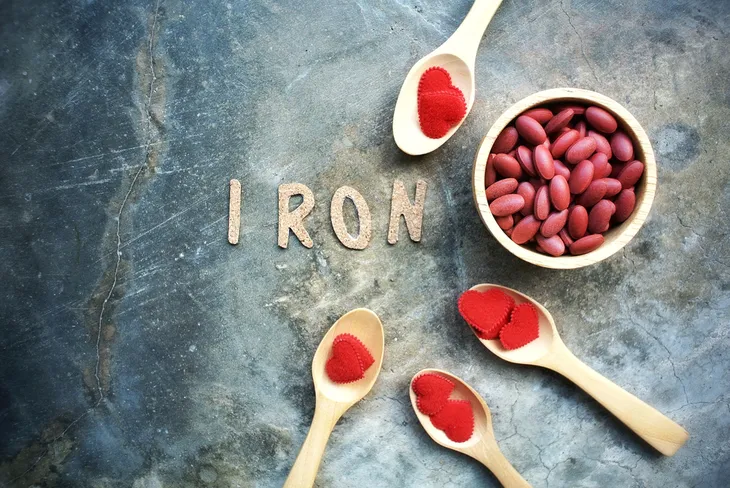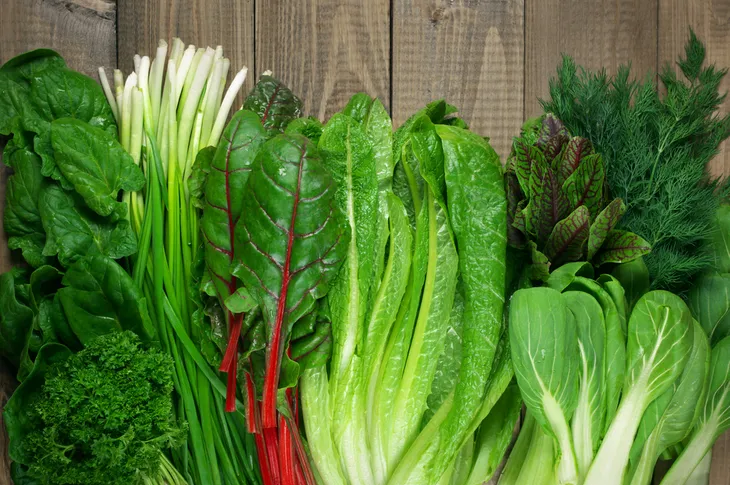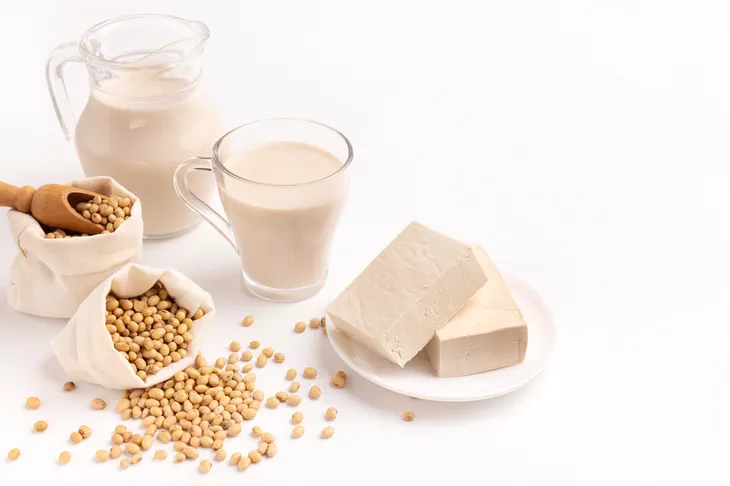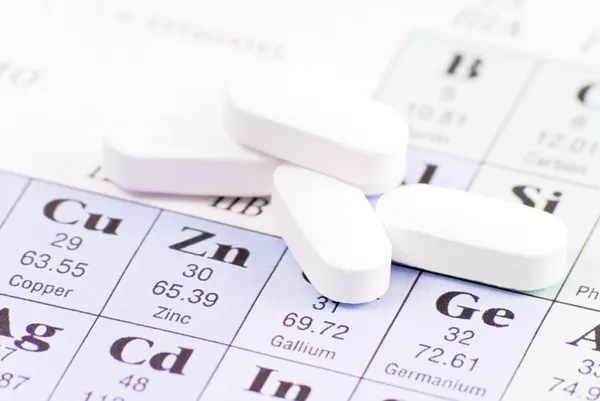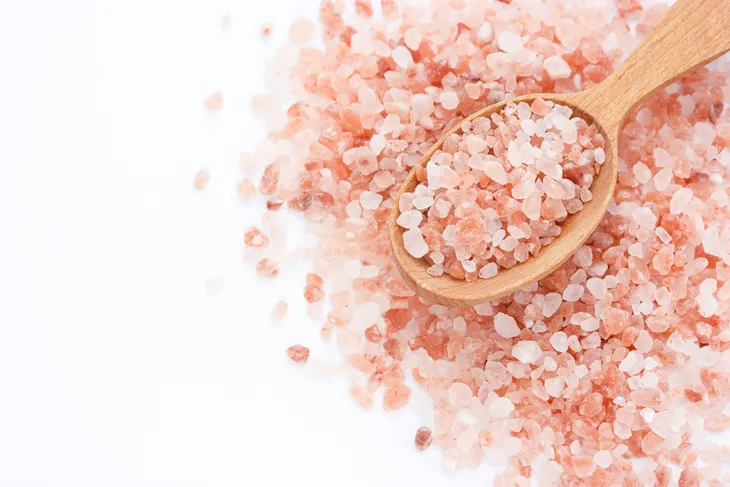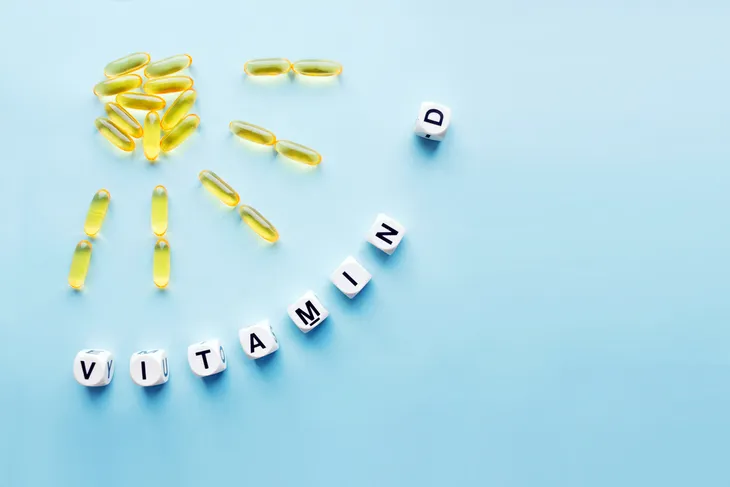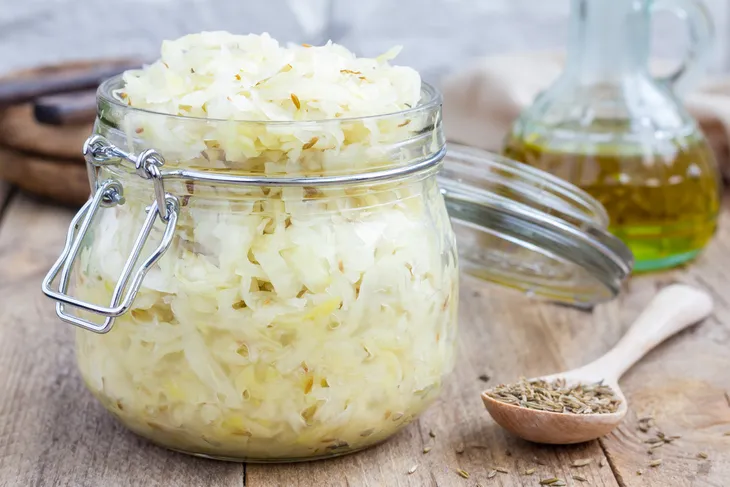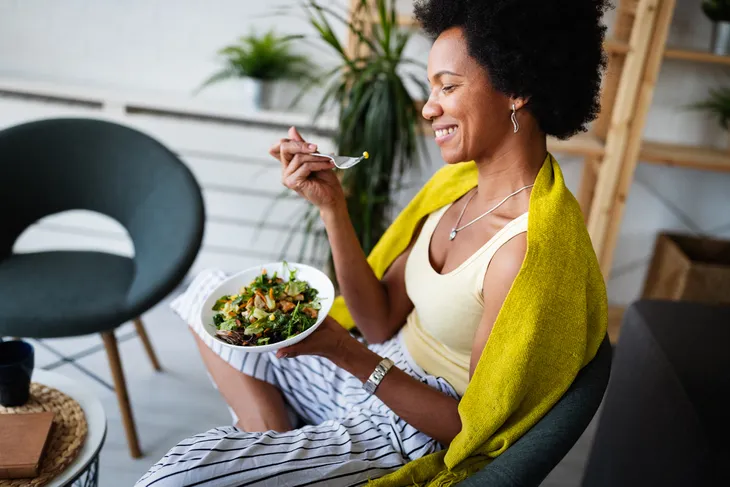To an outsider, avoiding meat, eggs, and dairy can seem like a massive sacrifice. They are staples of the Standard American Diet, and incredibly difficult to avoid whilst living a modern life. But it’s never been easier to find delicious restaurants or cook up scrumptious, animal-friendly recipes. More than just keeping mother nature healthy, a properly planned vegan diet can help keep you healthier too.
Plant-based diets may lower cholesterol, blood pressure, and decrease the risk of type 2 diabetes, heart disease, and cancer in turn. But doing it right isn’t as simple as opting for black bean burgers. There are a wide array of essential vitamins and minerals that vegans must supplement to live a healthy and balanced life. Today, we’re going to look at the essential supplements needed for those that choose to go vegan.
EPA and DHA
The talk around omega-3 supplementation for vegans tends to get confusing. After all, vegans can indeed reach adequate levels of a particular version of the omega-3 fatty acid called alpha-linolenic acid, or ALA. ALA can be sourced from chia seeds, walnuts, hemp seeds, and soybeans. Getting enough ALA is a good thing, but humans require its long-chain omega counterparts EPA and DHA too.
Eicosatetraenoic acid (EPA) and docosahexaenoic acid (DHA) play a big part in brain development, as well as reducing the risk of inflammation, breast cancer, and even depression. EPA and DHA are mostly found in animal products, specifically fish. But the story certainly doesn’t end there. Algae oil serves as a fantastic fish-oil stand-in for vegans. Doctors recommend vegans supplement 200 to 300-milligrams (mg) per day.
Vitamin B12
If we were to create a tier list of important vegan pantry items, vitamin B12 supplements would sit firmly in tier-1 next to chickpeas and lentils. We all need B12. It aids the production of red blood cells and is an essential building block of a healthy brain and nervous system.
Supplementation is one of the only reliable sources of B12 for those on a vegan diet. Though some may shout out nutritional yeast as a whole food solution to B12 deficiency, it must be fortified and has a tendency to degrade if stored improperly. Supplementation is a more reliable source of B12. As for dosage, the pros recommend a daily intake of 2.4-mcg.
Magnesium
There’s nothing about a vegan diet that makes a person more susceptible to magnesium deficiency. In fact, most people could stand to supplement this important mineral. It helps keep bones strong, stabilizes blood pressure, and can keep inflammation at bay.
But you’ll want to be careful. Too much magnesium from supplements can create unwanted side effects including nausea, abdominal cramping, and diarrhea. If, for example, you are prone to consuming other magnesium-rich antacids or laxatives, seek professional medical advice before you begin supplementing.
Selenium
Another mineral, selenium boosts a person’s oxidant defense, thyroid function, and more. Just like magnesium, the importance of selenium supplementation has very little to do with dietary choices, and more to do with the quality of the food that you eat.
You may not need to supplement selenium at all. After all, selenium deficiencies are relatively uncommon. That said, you would do well to order a blood test to see where you stand and see if you could benefit from more selenium.
Iron
Healthy blood cells depend on iron to help them transport oxygen. Which makes getting enough of it every day a top dietary priority. Unfortunately for a vegan diet, plant-sourced iron isn’t as efficient as its animal-sourced cousin. It just doesn’t absorb as well, which makes getting enough of it that much more difficult.
But it’s not all bad. Vegans can get enough iron by incorporating iron-rich foods like nuts, legumes, whole grains, seeds, and dried fruits. Whether it’s through dietary modifications or supplements, vegans should be hyper-aware of their iron intake.
Calcium
Calcium is abundant in nature, but many vegans have a hard time stabilizing their calcium levels with diet alone. Non-vegans get it from dairy and fish, but vegans must be a bit more creative. Fortified fruit juices, nuts, tofu, and cornmeal are vegan-friendly calcium sources. As are green leafy vegetables like broccoli, watercress, and kale.
Still, vegans are more prone to calcium deficiencies when compared to their omnivore and vegetarian peers. We still recommend a blood test in order to accurately pinpoint what supplements you need to lean on but going all-in on calcium supplements is common. The daily goal is 1000-mg of calcium per day for adults aged 19 to 50.
Protein
There’s a common misconception that a vegan diet lacks the protein necessary to maintain healthy skin, bones, muscles, and organs. That’s a bunch of baloney. There are plenty of ways to get enough protein through diet alone. Nuts, peanut butter, seeds, grains, legumes, tofu, and soymilk are all rich sources of protein and are widely available.
For vegans, protein supplementation used to be a lot trickier. Though the advent of vegan-friendly protein powder has made things infinitely simpler. These days, vegans can experiment with pea, plant-based, and hemp to their heart’s content.
Zinc
The vegan diet’s zinc problem is twofold. First, zinc sourced from legumes, seeds, and nuts is hard to navigate. Not all seeds, nuts, and legumes contain any zinc at all. Secondly, vegans consume a lot of phytates, which have been shown to negatively affect the body’s ability to absorb zinc.
Studies have established that vegans and vegetarians tend to have lower levels of zinc overall. All the more reason to supplement with vitamins. Best option for zinc supplementation would be from zinc gluconate or zinc citrate. Speak with your doctor before determining the actual dosage necessary as excessive zinc in the system can be harmful.
Iodine
Like a lot of the vitamins and minerals that we’ve featured today, supplementing iodine isn’t the only way to increase your intake or maintain a healthy balance. You do need it to ensure thyroid health, but it is readily available in seaweed as well as iodized salt.
Iodine supplements aren’t always necessary, but offsetting this common vegan deficiency is important. You can lean on iodized salt or seaweed to meet your daily goals, but iodine supplements act as a great stand-in for those looking to simplify their meal prep.
Vitamin D
A fantastic mood and immune system booster, Vitamin D is popularly consumed by way of dairy products like milk and yogurt. That doesn’t do much for vegans. From a grocery perspective, vegans reach for fortified cereals and a few specific varieties of mushrooms for a dietary dose of vitamin D. More still get it directly from the sun.
Sunbathing isn’t without its downsides, and good luck finding maitake mushrooms outside of the big city. Instead, connect with the experts at your local supplement shop and check out your options. The goal for adults over the age of 18 is to maintain 600-IU of vitamin D per day, so consider your daily diet and supplement accordingly.
Vitamin K-2
It helps heal wounds and aids blood clotting. Sadly, it’s mostly found in dairy products and egg yolks. Those grocery items may be off-limits for vegans, but you could make the argument that the plant-based alternatives are more delicious.
Vegans should look to the fermented food aisle to get an adequate supply of K-2. Sauerkraut, vegan kimchi, or unpasteurized kombucha should do well. As will the vegan probiotic supplements available at most pharmacies and specialty supplement suppliers.
The Takeaway
Living a vegan lifestyle can bring about a dramatic change in eating habits and lifestyle adjustments. That’s hard enough without having to think about crafting a diet that fills in all of the vitamin and mineral blind spots.
That’s where supplementation comes in. By understanding the common dietary shortfalls of the vegan lifestyle, you can shop and supplement with confidence. And, more importantly, you can lead a healthy, animal-respecting lifestyle that makes going to sleep and waking up that much easier.
